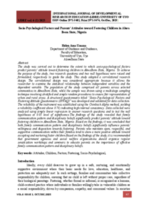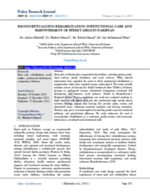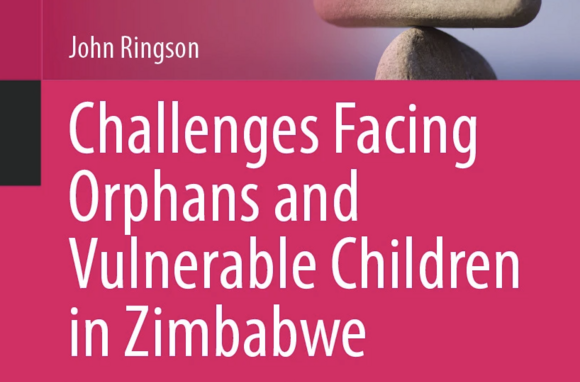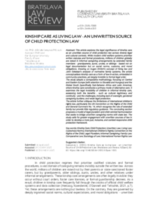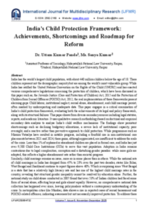Framing child protection systems: Toward a normative framework and operational definition for policy and practice
This paper proposes an expanded conceptual and normative framework for child protection systems to promote coherence, inclusivity, and accountability in both development and humanitarian contexts. Drawing on global data, recent initiatives, and a dual-axis framework distinguishing norms of operation and intent, it offers a field-tested definition to guide national planning, partner alignment, and systems-focused reform that upholds every child’s right to protection.




